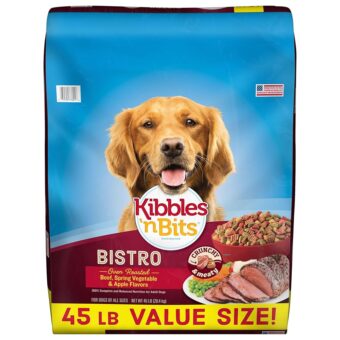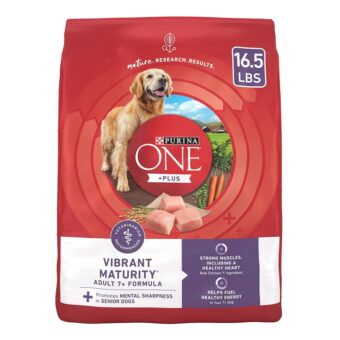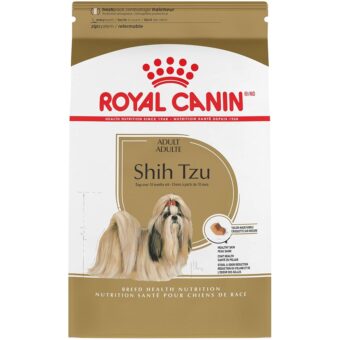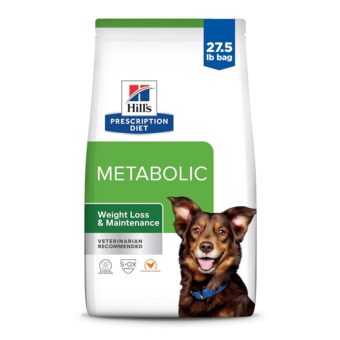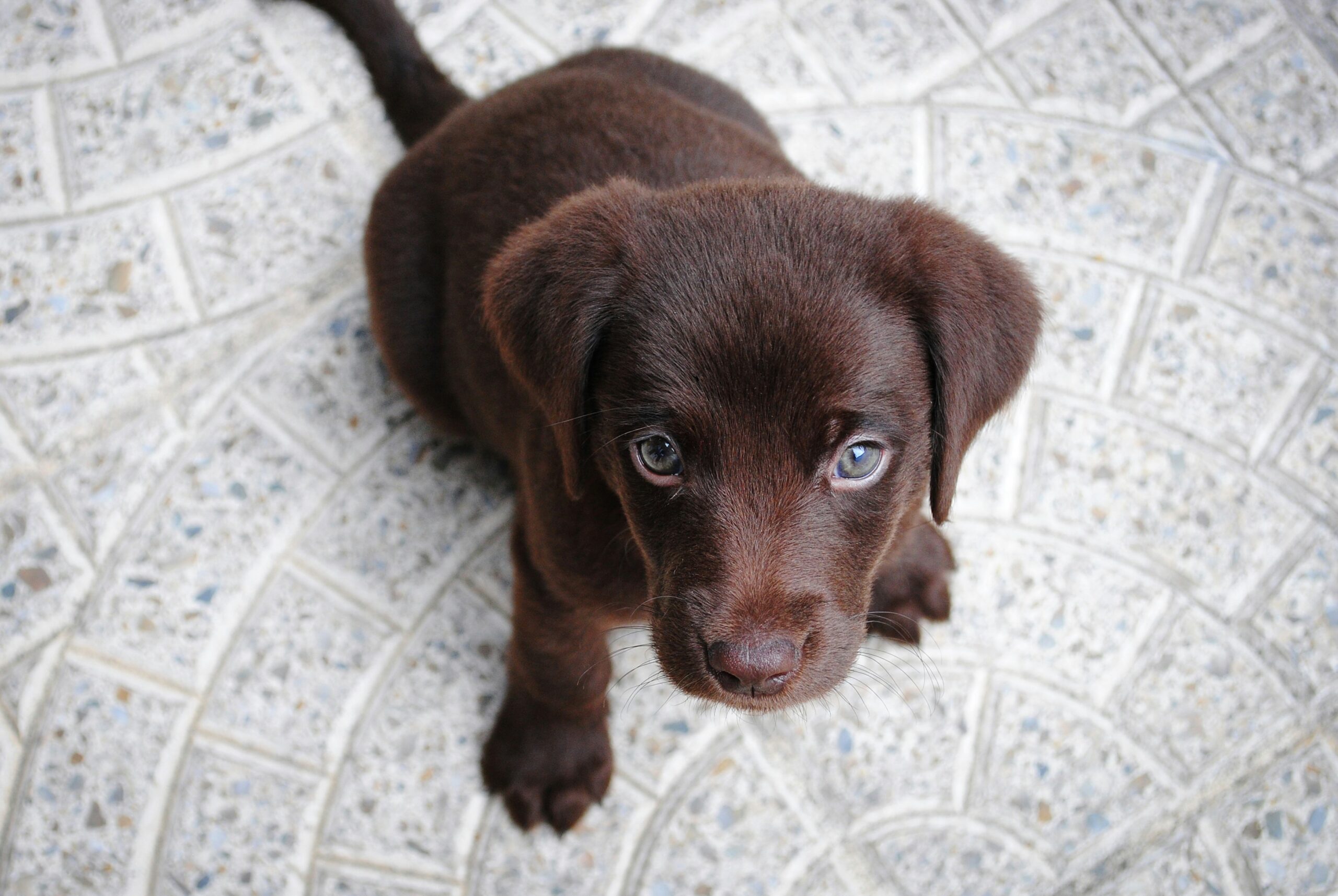
Introduction to Beagles
The Beagle is a small to medium-sized breed that has captured the hearts of dog enthusiasts worldwide. Originating from the hound family, Beagles were primarily bred for tracking and hunting, primarily game such as rabbits and hares. Their history can be traced back to ancient Greece, but it was in the 19th century that the modern Beagle was refined in England, leading to the characteristics we admire today.
Beagles are well-known for their exceptional sense of smell and tracking instinct, making them one of the most favored breeds among hunters. However, it is their amiable and friendly demeanor that has enhanced their popularity as family pets. Beagles are characterized by their short coats, floppy ears, and expressive eyes, which often reflect their energetic personality. Their friendly nature is one of the standout traits, allowing them to bond easily with children, making them an ideal addition to any family.
This breed is not only affectionate but is also known for its remarkable intelligence. Beagles exhibit a high level of curiosity and an eagerness to explore their surroundings, which can lead to playful antics. This intelligence means they can be trained effectively, although they may require patience and consistency during training sessions. Their energetic disposition often translates to a love for playtime and outdoor activities, where they thrive in environments that stimulate both their physical and mental capabilities.
In summary, the Beagle’s origins as a hunting dog have contributed to its unique and appealing qualities. Their friendly temperament, intelligence, and energetic nature make them not only excellent companions but also wonderful family pets, solidifying their status as one of the most loved dog breeds around the globe.
History and Origins of the Beagle
The Beagle breed has a rich history that can be traced back to ancient times, with evidence of similar types of dogs existing as far back as the Roman era. These early canines were notably employed for hunting due to their exceptional scent-tracking abilities. The breed’s lineage is believed to intertwine with several hound breeds, including the Harrier, which contributed to the Beagle’s distinctive characteristics. Throughout history, these dogs were favored among local hunters and nobility, primarily for their proficiency in tracking small game like rabbits and hares.
By the 19th century, Beagles emerged as a distinct breed, gaining recognition within the canine registry. Selective breeding during this period played a significant role in refining both their physical appearance and temperament. Breeders focused on enhancing the Beagle’s keen sense of smell, stamina, and friendly demeanor, making them not only adept hunters but also suitable companions. Variations in size were also developed, leading to classifications such as the “Pocket Beagle,” which, while diminutive, maintained the essential traits of the breed.
The popularity of the Beagle continued to rise throughout the 20th century, primarily due to their friendly nature and ease of training, qualities that have made them well-loved family pets. Their role as hunting companions has diminished with modern changes in hunting practices, but they remain active participants in various canine sports and events, celebrating their historical lineage. Today, the Beagle symbolizes a remarkable blend of hunting prowess and endearing companionship, attributes fostered through centuries of careful breeding and affection from their human counterparts.
Physical Characteristics of Beagles
The Beagle is a compact and sturdy breed known for its cheerful disposition and friendly nature. Typically, Beagles are categorized into two size varieties: the 13-inch and 15-inch. The height of a standard Beagle ranges from 13 to 15 inches at the shoulder, with the smaller 13-inch variety being slightly shorter. Generally, they weigh between 20 to 30 pounds, depending on their size and health. Their muscular build allows them to be agile, a crucial attribute for a hunting dog.
In terms of coat, Beagles possess a short and dense outer layer that is weather-resistant. This coat is relatively low-maintenance and comes in various color combinations. The most common coloration includes a mix of tri-color, which features black, white, and tan. Other variations might include lemon, red, and chocolate, showcasing their genetic diversity. The smooth texture and vibrant hues of their coats contribute to their appealing appearance.
One of the most distinctive features of a Beagle is its long, droopy ears. These ears, which hang down and are soft to the touch, serve a functional purpose. As hunting dogs, Beagles rely heavily on their acute sense of smell, and their ears help to funnel scents towards their sensitive noses. Additionally, their expressive eyes, often described as warm and inviting, draw attention and add to their overall charm. Beagles have a happy and intelligent expression that reflects their friendly nature, making them lovely companions.
This breed’s physical traits not only contribute to its striking appearance but also play significant roles in its instincts and abilities as a hunting dog. The combination of their size, coat, and distinctive features establishes the Beagle as a remarkable and endearing breed.
Temperament and Personality Traits
The Beagle is renowned for its cheerful and friendly disposition, making it a beloved breed among dog enthusiasts. This breed exhibits an amiable temperament characterized by sociability and warmth towards family members and strangers alike. Beagles thrive on human companionship, which underlines their status as remarkable family pets. Their innate friendliness makes them well-suited for households with children and other pets, as they are typically very gentle and tolerant.
Intelligence is another hallmark of the Beagle’s personality. They possess a keen sense of curiosity that drives them to explore their environment, adding to their playful demeanor. This breed is known for being intelligent but can also exhibit a stubborn streak, which may sometimes pose challenges in training. Consistent training methods that incorporate positive reinforcement tend to yield the best results, allowing the Beagle to blossom into a well-mannered companion.
Playfulness is a notable trait of the Beagle, as they often engage in lively activities that require physical exercise and mental stimulation. Regular playtime is critical to their happiness, as it channels their energy and curiosity into productive outlets. This breed also has a strong hunting instinct, which reflects their background as scent hounds. Activities such as scent games or interactive toys can effectively harness this natural inclination while fostering a deeper bond with their owner.
Moreover, Beagles are affectionate and form strong attachments to their families. They seek out attention and enjoy being included in family activities, highlighting their need for social interaction. Their exuberant personality combined with their affectionate nature makes them endearing companions that bring joy to any household.
Care and Maintenance of Beagles
Proper care and maintenance of Beagles is essential to ensure their overall health and happiness. This breed requires regular grooming to maintain a clean and healthy coat. Although Beagles have short hair that doesn’t mat easily, they do shed moderately. Weekly brushing with a soft-bristle brush will help minimize loose hair and distribute natural oils in their skin, thus promoting a shiny, healthy appearance. Bathing should be done as needed, typically every few months, or whenever they become particularly dirty or smelly.
Nutrition plays a critical role in the care of Beagles. A balanced diet formulated for small to medium-sized active dogs is most appropriate. High-quality commercial dog food is generally recommended, tailored according to the dog’s age, weight, and activity level. Beagles are prone to obesity, so portion control and regular feeding schedules are imperative. Avoid giving them table scraps as these can lead to unhealthy weight gain.
Regular exercise is equally important for Beagles as they are an energetic breed. A combination of daily walks, playtime, and interactive activities is necessary to prevent boredom and maintain physical fitness. Mental stimulation is vital due to their intelligence, so incorporating puzzle toys, training sessions, and scent games will keep them engaged and happy. The lack of mental and physical exercise can lead to behavioral issues, making it crucial to provide sufficient outlets for their energy.
Routine veterinary check-ups are essential for early detection and management of common health issues that may affect Beagles, such as hip dysplasia, ear infections, and obesity. Monitoring their dental health is also important, as dental disease is prevalent in dogs. Regular teeth cleanings and dental chews can help maintain their oral hygiene.
Training and Socialization Tips
Training a Beagle, known for its cheerful disposition and friendly nature, requires a thoughtful approach due to its hunting background. These dogs possess a strong instinct to follow scents, which can sometimes detract from their obedience. Therefore, positive reinforcement is crucial when training Beagles. This method involves rewarding desired behaviors with treats, praise, or play, thereby encouraging them to repeat those actions in the future. A consistent and patient training regimen will yield the best results, as Beagles respond better to encouragement than to harsh methods.
Obedience training should start early to develop good habits. Simple commands such as “sit,” “stay,” and “come” can be taught using short, engaging training sessions. Since Beagles are intelligent and eager to please, offering them rewards in the form of their favorite treats will heighten their motivation. It is important to keep training sessions positive and fun, ensuring that the dog associates learning with enjoyable experiences. Regular practice will reinforce these commands and contribute to a well-behaved pet.
Socialization is another vital aspect for Beagles. Introducing them to diverse environments, people, and other animals at a young age helps them develop into well-rounded companions. Gradually exposing your Beagle to various sights, sounds, and smells will reduce anxiety and fearfulness in new situations. Aim to take them for walks in different locations, arrange playdates with other dogs, and expose them to people of varied age groups. Such experiences promote confidence and adaptability, key traits in a friendly Beagle.
In conclusion, the combination of positive reinforcement techniques, consistent obedience training, and proactive socialization will lead to a well-adjusted and sociable Beagle. By investing the time and effort in training, owners will be rewarded with a cheerful and friendly companion who is a delight to have around.
Beagles as Family Pets
Beagles are often regarded as one of the best family pets due to their affectionate nature and playful demeanor. Known for their friendly disposition, these small hounds easily win the hearts of both children and adults alike. Their gentle temperament makes them particularly compatible with young children, as they are known to be patient and tolerant, which fosters a nurturing household environment.
One striking characteristic of Beagles is their loving nature. They thrive on companionship and are eager to form strong bonds with family members. This loyalty translates into a steadfast friendship, where Beagles often seek affection and attention from everyone in the home. The ability of Beagles to engage with different family members enhances their appeal as family pets. Enthusiastic and playful, Beagles encourage children to be active, combining joy with fitness. Their lively antics undoubtedly contribute to making every day more enjoyable for families.
Moreover, Beagles are typically sociable dogs that can coexist harmoniously with other pets. Their amiable behavior allows them to integrate well into multi-pet households, often forming lasting friendships with other dogs and even cats. The adaptability of Beagles adds to their charm, as they are content playing in the yard or snuggling on the couch, meeting the diverse needs of family life.
Many Beagle owners share heartwarming anecdotes, illustrating their positive experiences. For example, one owner recounts how their Beagle, Max, not only acts as a playful companion for their children but also takes on a protective role, often following them around the house. Such stories highlight the role Beagles play in building emotional connections and security within a family unit.
Overall, Beagles possess qualities that make them truly exceptional family pets, filled with the love and joy that enriches the household experience.
Common Myths and Misconceptions
The Beagle is a breed that often faces numerous misconceptions related to its temperament, training, and overall suitability as a pet. One of the most persistent myths is that Beagles are not suitable for families due to their high energy levels and hunting instincts. While it is true that Beagles possess a strong prey drive, they are also known for their friendly demeanor and adaptability. With proper training and socialization, Beagles can integrate well into family life, making them affectionate companions for both children and adults alike.
Another common misconception is that Beagles are difficult to train. This belief is often rooted in the breed’s independent nature, which can sometimes be misconstrued as stubbornness. In reality, Beagles are intelligent dogs that respond well to positive reinforcement techniques. Their eagerness to please their owners, combined with their food motivation, makes them trainable, albeit with consistent and patient handling. Potential owners should focus on engaging training methods to channel their Beagle’s energy and curiosity.
Some may also think that Beagles require extensive grooming due to their short hair and droopy ears. However, this is not entirely accurate. Beagles have a relatively low grooming requirement; regular brushing during shedding seasons helps keep their coat healthy, while cleaning their ears as necessary can prevent infections. Misunderstandings about care can lead to concerns that discourage potential owners from considering a Beagle as their next pet.
In sum, many myths about Beagles stem from misunderstandings about their behavior and care. By addressing these misconceptions, we can present a clearer picture of this cheerful and friendly breed, assisting potential owners in making informed decisions.
Conclusion: Why Choose a Beagle
In considering a dog that embodies cheerfulness and friendliness, the Beagle stands out as an exceptional choice. This breed not only displays an endearing disposition but also offers a variety of qualities that make them suitable companions for families, individuals, and active households alike. Beagles are renowned for their sociable nature, often forming strong bonds with their owners and adapting readily to different social settings.
Another significant advantage of selecting a Beagle is their loyalty. Beagles have an innate ability to connect emotionally with their human companions, providing both affection and companionship. This loyalty translates into a devoted bond that can enrich the lives of their owners. Their playful nature also contributes to an engaging family dynamic, often leading to laughter and joy in various situations.
Furthermore, Beagles are versatile dogs that can thrive in numerous lifestyles. Whether you lead an active lifestyle filled with outdoor adventures or prefer a more relaxed environment, a Beagle can adapt to meet your needs. Their exercise requirements can easily be fulfilled through routine walks, playtime, and engaging activities, making them manageable for varying energy levels of owners. Additionally, Beagles have excellent instincts and hunting abilities, which can be a boon for those interested in activities such as tracking or participating in dog sports.
In light of these points, the Beagle emerges as a remarkable breed that not only brings warmth and joy into a household but also fits well into diverse lifestyles. Prospective dog owners should seriously consider bringing a Beagle into their lives, ensuring a delightful and loyal companion that enhances their everyday experiences.


